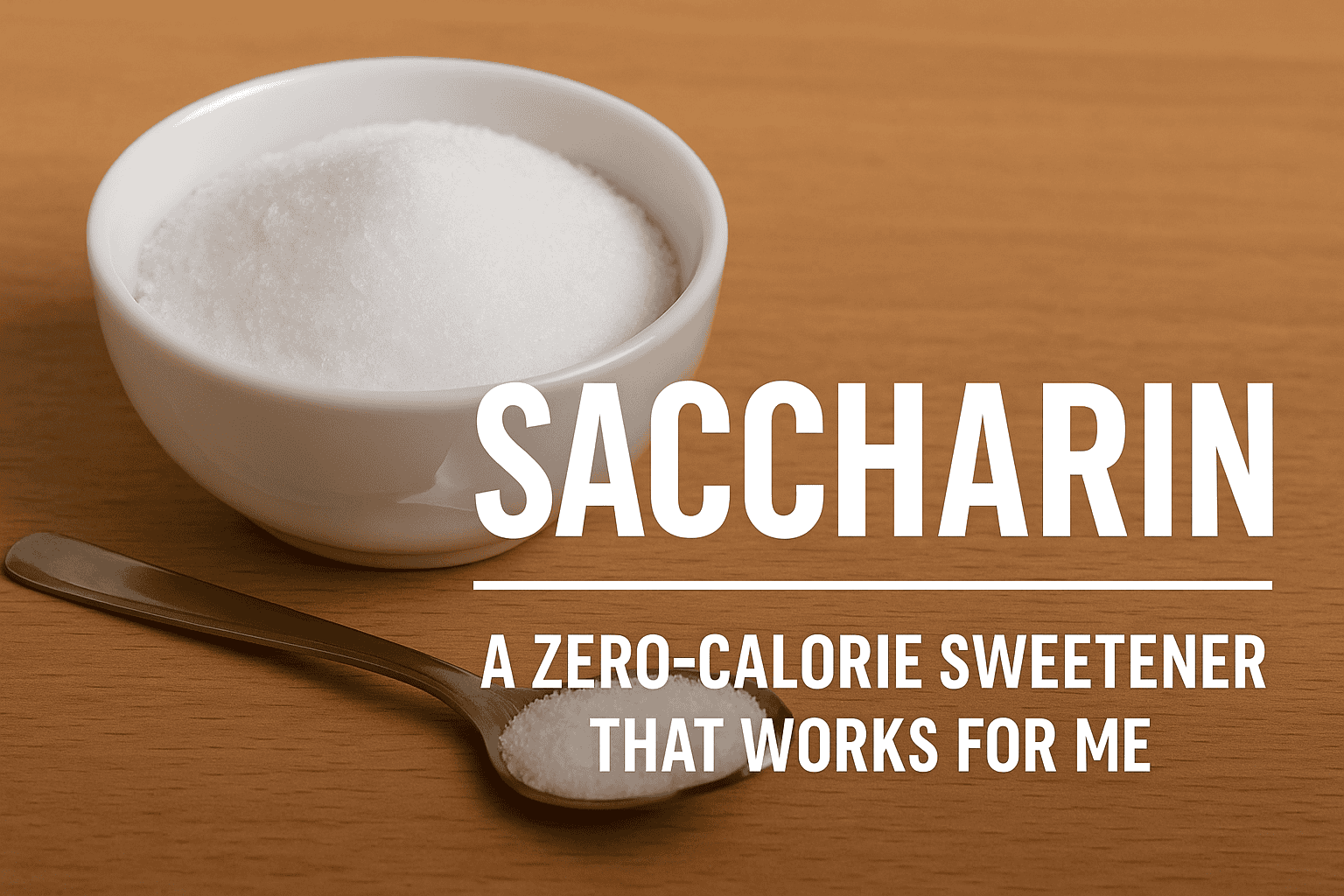Why I Never Trust Fast Diets Again (And What I Do Instead)
I used to be tempted by fast diets — those flashy promises of shedding 5 kilos in a week or “detoxing” in just three days. Like many people, I wanted quick results. But after going through it myself, I learned the hard way that these so-called miracle diets are not just ineffective — they’re dangerous.
Here’s what I experienced, what I’ve learned through research and from speaking with health professionals, and why I now advocate for a sustainable, science-backed approach to weight loss.
❌ The Hidden Health Risks I Faced with Rapid Weight Loss Diets
1. Dehydration That Felt Like Weight Loss
When I tried a very low-calorie diet with intense fasting, I saw the numbers on the scale drop fast. I felt excited at first. But what I didn’t realize was — most of that loss was just water.
My mouth was dry, I felt dizzy after standing up, and I had constant headaches. Later, I learned that losing too much water thickens the blood, putting strain on the heart and kidneys. It also causes low blood pressure and even affects the body’s ability to regulate temperature. These weren’t “fat loss” signs — they were dehydration symptoms.
2. Constant Fatigue
Alongside dehydration came chronic fatigue. I was always tired, even after sleeping for 8 hours. My body just didn’t have enough fuel.
This happened because crash diets force the body into starvation mode. The parasympathetic nervous system slows down metabolism to preserve energy — but the cost is constant exhaustion and even poor sleep.
3. Mood Swings and Irritability
Another thing I didn’t expect: how moody I became. The combination of nutrient deprivation and food boredom made me frustrated, angry, and emotionally drained. There were days I felt anxious for no reason and others when I just didn’t care about anything.
4. Muscle Loss Instead of Fat Loss
I thought I was burning fat, but I was actually losing muscle. Without enough protein or calories, my body started breaking down muscle tissue to survive.
When I resumed light exercise, I injured my shoulder — a strain that took weeks to heal. That was a turning point for me.
5. Weaker Bones
Rapid diets strip away essential nutrients like calcium, vitamin D, and magnesium. Over time, this affects bone density. Though I didn’t suffer a fracture, I developed painful joint stiffness, especially in the mornings — likely due to nutritional imbalance.
6. The Dreaded Yo-Yo Effect
After giving up the crash diet (because it was impossible to maintain), I gained back all the weight within weeks — and more. This yo-yo cycle made me feel like a failure.
But the truth is: it wasn’t my failure. The diet failed me.
7. A Brush with Disordered Eating
The obsession with losing weight fast took a toll on my mental health. I started fearing food, tracking every bite obsessively, and skipping meals to “compensate.”
Looking back, I was dangerously close to developing an eating disorder — and that realization scared me into change.
✅ What Finally Worked for Me
After trying and failing with fast diets, I made the decision to work with a certified nutritionist. We focused on long-term sustainable habits, not overnight changes. My new plan:
- A balanced, whole-food diet
- Slow and steady weight loss: no more than 1–2 kilos per week
- Daily movement, not just gym time
- Mindful eating and stress management
- No food guilt — ever again
I’ve now lost 9 kilos over 4 months. But more importantly, I feel stronger, happier, and more in control of my health than ever before.
✨ Final Thoughts
Fast diets are a trap I don’t want anyone else to fall into. They promise quick results, but they often come with long-term damage. If you’re struggling with your weight, please trust the slow road. It’s safer, kinder to your body, and much more sustainable.
Take it from someone who has been there — the quick fix is never worth the risk.




